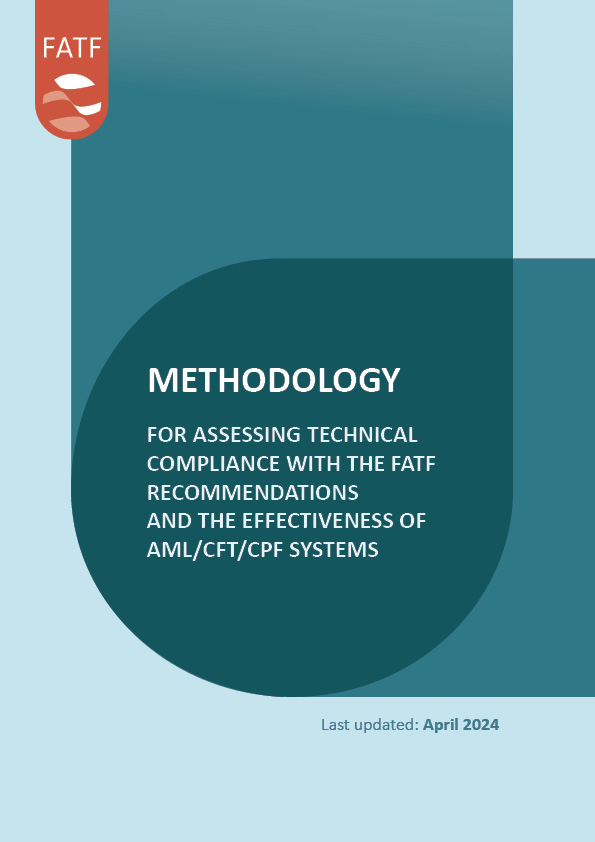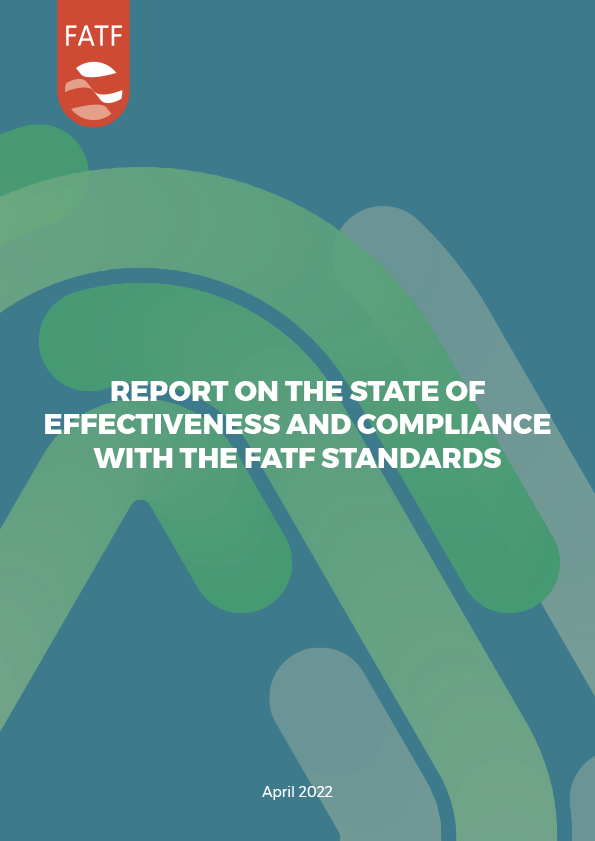As amended in April 2024.
The FATF assesses each member’s implementation of the FATF Recommendations and its actions to tackle money laundering, terrorist financing and the financing of proliferation of weapons of mass destruction on an ongoing basis. The Methodology for Assessing Technical Compliance with the FATF Recommendations and the Effectiveness of AML/CFT/CPF Systems (The FATF Methodology in short) sets out the assessment process which focuses on two distinct areas:
- Effectiveness - each assessment will have a significant focus on effectiveness, to ensure that countries are implementing and making use of the laws, regulations and policies that are being passed. A country must demonstrate that, in the context of the risks it is exposed to, it has an effective framework to protect the financial system from abuse. There will also be a greater emphasis on the major risks and context. This will ensure that countries, and the assessors reviewing them, focus on the areas where the risks are highest, not just lower-risk areas where it is comparatively easier to launch investigations and secure convictions. The assessment team will look at 11 key areas, or immediate outcomes, to determine the level of effectiveness of a country's efforts.
- Technical compliance - each assessment also looks at whether a country has all the necessary laws, regulations and legal instruments in place, in line with the technical requirements of the 40 FATF Recommendations. This legal, regulatory and operational framework forms the basis for an effective system to deprive criminals from the proceeds of their crimes and terrorists from their funding and prevent the harm they can do to our society.
The FATF amended its assessment methodology in 2022. The FATF commenced its 5th round of evaluations under this methodology in 2024 and FATF-Style Regional Bodies will also progressively use this methodology once they complete their previous round of evaluations.
The 2013 FATF Methodology for assessing compliance with the FATF Recommendations and the effectiveness of AML/CFT systems and the Procedures for the FATF Fourth Round of AML/CFT Mutual Evaluations will continue to apply to countries being evaluated under the previous round of evaluations and related follow-up processes.





 Twitter
Twitter
 Facebook
Facebook
 Instagram
Instagram
 Linkedin
Linkedin
